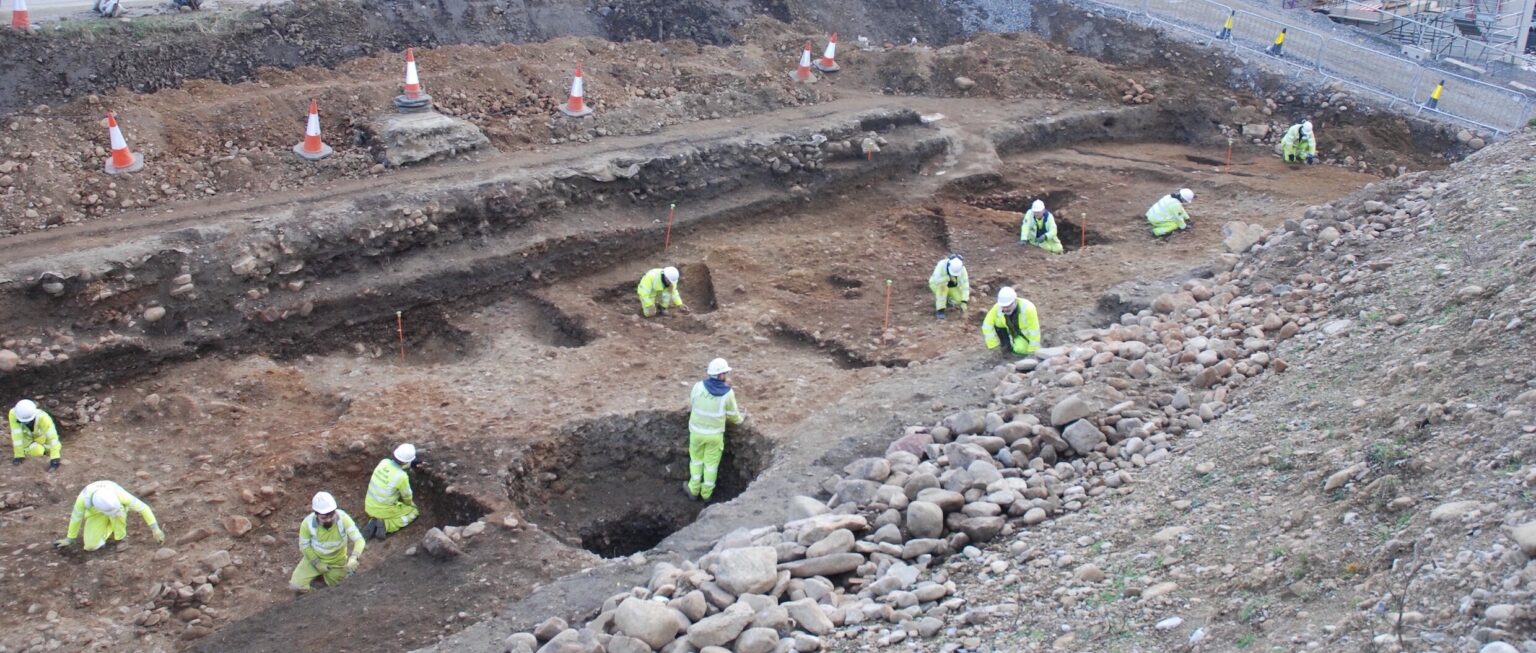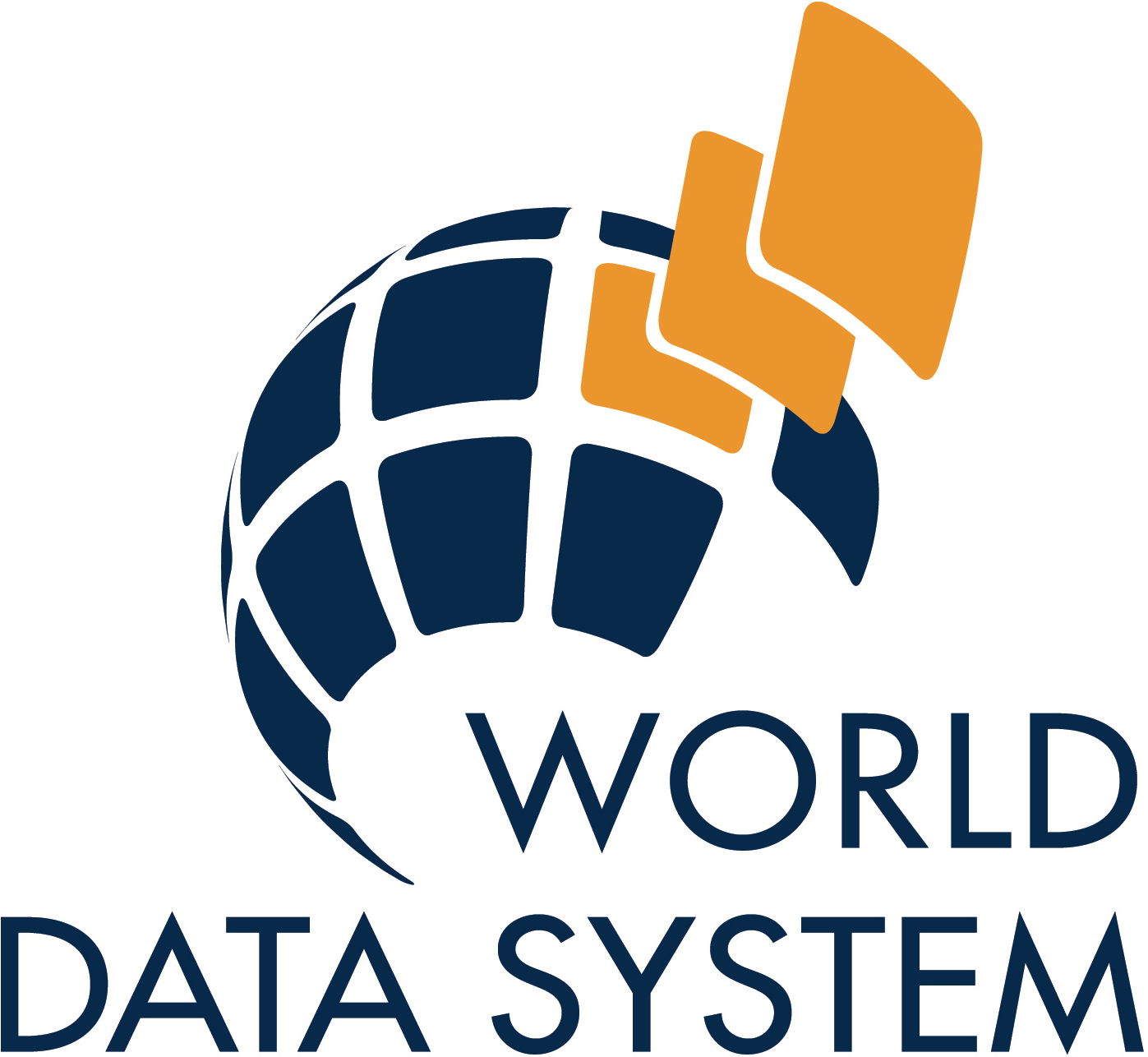History of ADS
The Archaeology Data Service (ADS) is the oldest digital repository dedicated to archaeology and heritage in the world, having been established on 1 October 1996 (two years before Google was launched!) with the mission to preserve, catalogue, and describe digital data generated in the course of archaeological research and to facilitate its reuse.
The decision to create the ADS was made by a consortium of UK stakeholders dedicated to preserving our digital heritage data. The consortium comprised the Departments of Archaeology at the Universities of Birmingham, Bradford, Glasgow, Kent at Canterbury, Leicester, Newcastle, and Oxford, and the Council for British Archaeology, and led by Julian Richard of the University of York. The means to fund the nascent ADS was through the academic-led establishment of the Arts and Humanities Data Service (AHDS). The ADS was one of five disciplinary-defined distributed services, coordinated by a central Executive service. The assumption underlying the provision of discipline-specific services was that subject expertise is required at every stage, from the creation of a dataset, through to its preservation and assisting with reuse.
As part of the AHDS one of the original remits of the ADS was to provide archiving services to university-based AHRB (later AHRC) projects free of charge. This rapidly expanded to include NERC, the British Academy, Leverhulme Trust, and Society of Antiquaries of London, among others. In addition, from an early stage the ADS began to receive external project-level funding and build partnerships from a variety of other organisations, such as Historic England (formerly English Heritage, and previously RCHME) to provide archiving services for national datasets. This new strand of work came to fruition on 15th September 1998 as the ADS launched the first version of ArchSearch: the first online catalogue of archaeological data that combined UK resources such as the National Monuments Record of Scotland, and the RCHME’s Excavation Index for England and Microfilm Index, and the library catalogue of the Society of Antiquaries of London.
While the other AHDS services had an exclusive focus on the university sector, it was recognised from an early stage that the majority of archaeological data in the UK was being generated in the state and commercial sectors and so the ADS continued to take on a wider role, thus becoming the only UK-wide digital data repository for archaeology. In addition to the funding through AHDS the ADS also developed a charging policy, levying a one-off charge on the data depositor, but making data open and freely available at the point of use. The charging policy mirrored one that was already familiar to archaeologists in the museum sector, whereby a ‘box charge’ was generally levied when archaeological contractors deposited physical archives in museums.
This independent and self-funding income stream proved invaluable when, in March 2007, the AHRC decided to withdraw funding from the AHDS, proposing that institutional repositories in university libraries should take responsibility for the preservation of research data generated by academic researchers. However, in recognition of the special case of the primary nature of data derived from excavation, the complex variety of data formats in archaeology, and the capacity of the ADS to generate income using its charging policy model, the AHRC agreed to award the ADS 5-year transitional funding from 2008-13 to allow it to become self-sufficient. The combination of transitional funding and the success of the business model meant that the ADS was able to continue its support for the archaeology sector, with a mixed portfolio of research and development projects and deposit charges. The post-AHDS period has seen the ADS grow both its holdings of data through partnerships with major infrastructure programmes such as Crossrail and High Speed 2, but also its portfolio of research and development work with international partners.
As use of the Internet expanded, the ADS has always looked at ways to link data electronically across Europe and the world. In 2001–04 the ARENA project, funded by the EU Culture 2000 programme, allowed the ADS to broaden its horizons to work with European partners in developing technologies that enabled key European archaeological archives to be available online, to create a portal allowing access to sites and monuments data from the partners and to work towards a wider European network for archaeological archives. In the TAG project (2009-11) we worked with US partners to develop an exemplar Transatlantic Archaeology Gateway. Our research into interoperability and archive standards was extended in the EU-funded ARIADNE (2012–16) and ARIADNEplus (2019–23) projects which has led to the development of a central point of access to the archaeological resources made available from partner institutions throughout Europe.
Working actively against data loss was a major challenge and, in 2012, our research into the application of how NASA’s Open Archival Information System could be applied in Archaeology led to the Digital Preservation Coalition’s Prize for the most outstanding contribution to digital preservation of the previous decade, in a competition which included the Library of Congress and the The National Archive. In 2010, ADS was awarded the Data Seal of Approval, only the second UK digital repository to be internationally accredited, after the UK Data Archive. This recognition enabled an expansion of the ADS’s remit to facilitate preservation of, and access to, the results of commercial and community archaeology and, in April 2020, ADS was awarded the Core Trust Seal, only the 6th such accreditation in the UK. We are accredited as a Data Archive Centre (DAC) by MEDIN (the Marine Environment Data Information Network) and we hold World Data System certification as a Trustworthy Digital Repository.
In 2021 AHRC resumed digital infrastructure core funding for ADS which has enabled significant investment in staffing, particularly the technical development team. This has produced the new version of the ADS website (launched 2023), and is actively working on a replacement for Archsearch to provide a single point of access for searching all ADS holdings.



